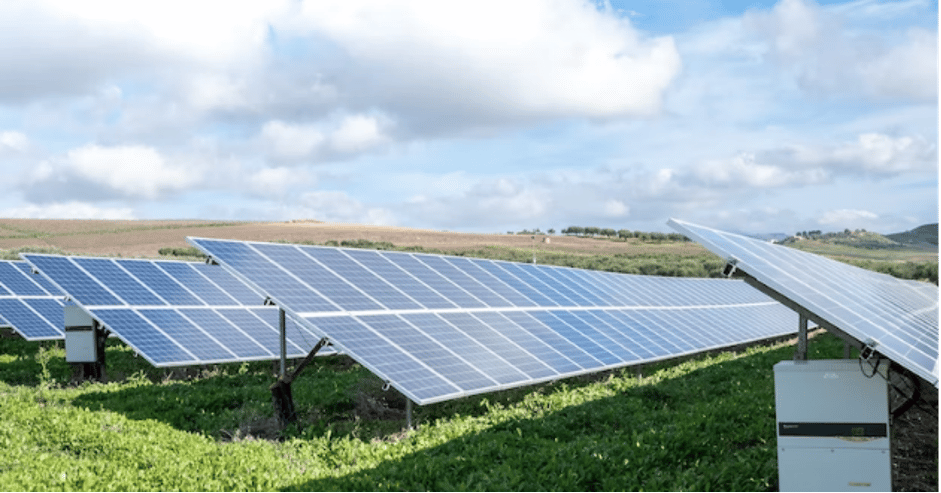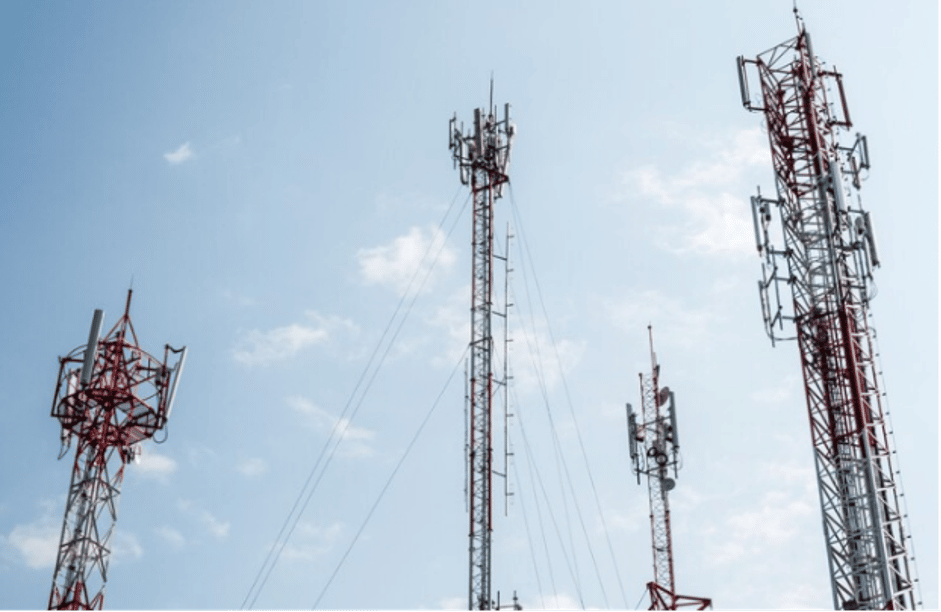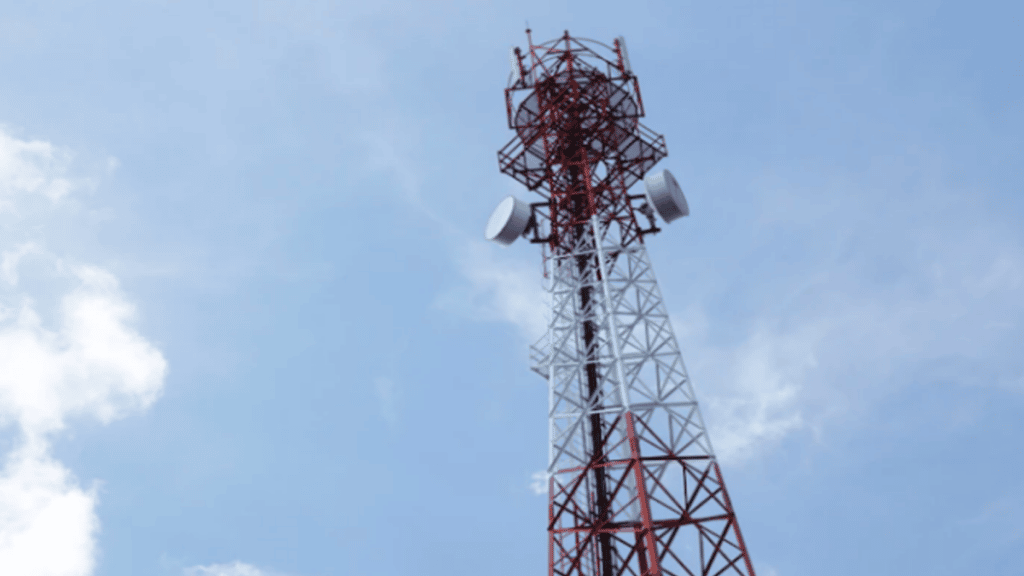Solar power generation systems are becoming popular with their benefits, such as being cheaper and more reliable. As a result, many countries encourage their use as they require less land than conventional power plants. Meanwhile, small-scale solar photovoltaic systems are also replacing conventional fossil fuel engines for pumping water in many remote areas around the globe.
Besides the public sector, several companies have started to invest in base stations using solar energy as an alternative energy source to heavy. Though solar energy is not the primary power source for telecommunication, it is used as a supplemental source. The important role of the solar power generation system is to reduce load shedding as most base stations need to be maintained on electricity. In this sense, the solar power generation system plays a key role in powering the base station. Let’s go further for the solar power generation system.
What Does the Solar Power System Consists of and How Does It Work?
The system mainly includes the power exchange cabinet, solar inverter, solar module, rectifier, distribution box, heat exchange system, monitoring system, and battery management system. The whole system utilizes solar photovoltaic technology (PV) to convert sunlight (solar radiation) into electrical energy. When the sunlight is on the semiconductor in the photovoltaic battery, the electrons are released, which will be collected by bus bars later, thus generating current. Also, once the reduced voltage has been converted into a higher one, the battery management system can control the charging and maintain a constant power supply. In addition, this system also works as a backup in case of any problems with other energy sources during load shedding.

Why Is the Solar Power System a Worthy Investment for Base Stations?
The solar power system’s merits and development ensure that it is a worthy investment for base stations. So let’s start with its strengths.

The Advantages of This Solution
The energy obtained from this solar power generation system can be used to supply energy to base stations. Also, the system is less expensive than most other power sources available and can provide the necessary amount of reserve power in the case of any troubles that may arise. However, its advantages are far from that, and here are some of the most prominent ones.
● The solar power generation system offers a path toward alternative renewable energy resources for base stations.
● The solar power generation system consumes less energy than other traditional electricity sources, being an ideal energy-supporting solution for base stations.
● It occupies less space than conventional power plants, reducing land requirements and lowering the cost of implementation.
● The use of this system does not affect the overall availability of electricity in the region; hence, a need for load shedding is never seen in such a situation.
The Current and Future Development of the Solar Power Generation System
According to studies, the current development of this technology doesn’t negatively impact other sources of electricity as it has a higher efficiency level than conventional solar energy systems. As technology improvements are being developed for practical implementation in commercial industries, there is a high potential for future growth. As solar power generation system is getting more popular in many developed countries, they are going to be a very important part of base stations in the future as well.
Conclusion
Tongyu Communication offers premium solar power systems for base stations. They are cost-effective and reliable with a large capacity. In addition, this solar power solution supplier has developed two systems to power the solar-powered base station to better respond to different needs. Their high-power solar power system is suitable to meet a great demand for power, while their low-power solar power system features cost-effectiveness in addition to supplying power.
These two systems consist of a power exchange cabinet, a monitoring system, an electric appliance, solar panels, and MPPT batteries. Their difference mainly lies in the numbers of solar panels and MPPT batteries, thereby creating different power supply effects. Base stations are certainly more effective and efficient with their premium smart battery management system working in the solar power generation system. Contact them for an ideal solution for base stations.
